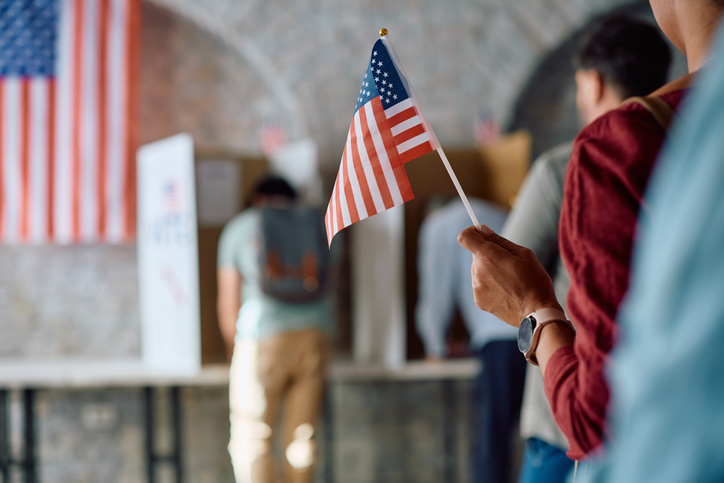This August marks the 60th anniversary of the Voting Rights Act of 1965, a cornerstone of American democracy that reshaped the nation’s political landscape. Signed into law by President Lyndon B. Johnson on August 6, 1965, the Act outlawed discriminatory voting practices that had long suppressed Black voters and other minority groups, particularly in the South.
The Voting Rights Act is widely regarded as the most effective civil rights legislation in U.S. history. It targeted systemic barriers such as literacy tests, poll taxes, and intimidation tactics, which were deliberately used to disenfranchise African Americans even after the 15th Amendment theoretically granted them the right to vote nearly a century earlier.
The Road to the Act
The path to this landmark law was paved with decades of struggle, protest, and sacrifice. Civil rights leaders like Dr. Martin Luther King Jr., John Lewis, Fannie Lou Hamer, and countless grassroots activists worked tirelessly to expose the injustices of Jim Crow laws.
A defining moment came with the Selma to Montgomery marches in March 1965, particularly the infamous “Bloody Sunday” on March 7. Peaceful marchers crossing the Edmund Pettus Bridge were brutally attacked by Alabama state troopers. The shocking violence, broadcast on national television, galvanized public opinion and pressured lawmakers to act.
President Johnson, moved by the events and influenced by civil rights advocates, introduced the Voting Rights Act to Congress just days later. He declared, “It is wrong—deadly wrong—to deny any of your fellow Americans the right to vote.”
Impact of the Voting Rights Act
The Act’s passage was swift, and its impact was immediate. Federal examiners were sent to counties with histories of voter suppression to register eligible voters directly. Within a few years, voter registration among Black Americans in the South skyrocketed, climbing from 23% in 1965 to 61% by 1969.
The law also required jurisdictions with a history of discrimination to obtain “preclearance” from the federal government before changing voting laws, ensuring new policies would not suppress voters’ rights. This provision proved crucial in blocking discriminatory redistricting, restrictive ID laws, and other tactics over the following decades.
Challenges in the Modern Era
While the Voting Rights Act remains one of the most celebrated victories of the civil rights movement, its protections have faced challenges in recent years. In 2013, the Supreme Court’s Shelby County v. Holder decision struck down the preclearance formula, effectively weakening one of the Act’s strongest enforcement tools.
Since then, several states have passed stricter voting laws, reigniting debates about voter suppression. Advocates argue that the fight for fair access to the ballot continues, echoing the same themes that inspired the original legislation.
Why the Anniversary Matters
The 60th anniversary is more than just a date on the calendar—it is a reminder of the sacrifices made and the vigilance still required to protect democracy. As communities across the United States commemorate this milestone in August 2025, the Voting Rights Act stands as both a historic triumph and a call to action.
Honoring this anniversary means reflecting on progress, acknowledging present challenges, and recommitting to the principle that every American deserves an equal voice at the ballot box.




